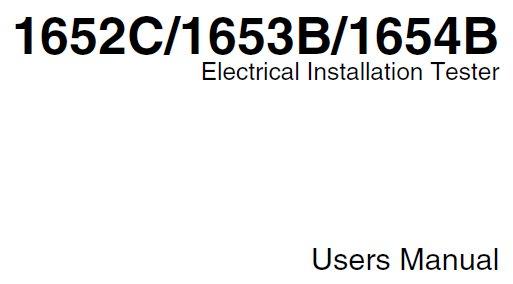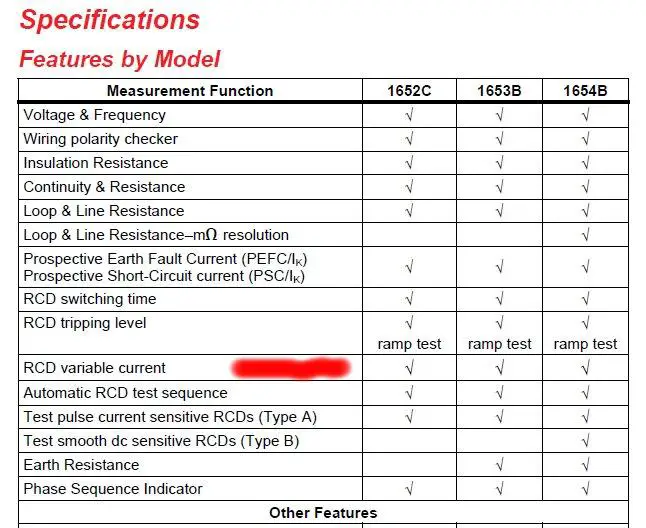Hmmmm. Doesn't Table 3A (i.e. the relevant Standards) require that the RCD satisfied the maximum permitted trip times at all three currents (x1, x2 and x3)? If so, merely showing that it complies at 1x would not be sufficient.No. Under 300ms @ 30mA is acceptable. The testers don't do 2x, unless the figures coincide.It would seem however if I am reading that table correctly if it takes over 150ms at 30ma then you would have to also test at 2X rated current.
Kind Regards, John





